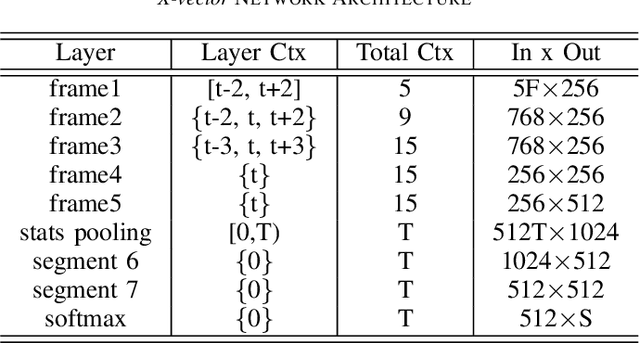Thomas Rolland
CAMÕES: A Comprehensive Automatic Speech Recognition Benchmark for European Portuguese
Aug 27, 2025Abstract:Existing resources for Automatic Speech Recognition in Portuguese are mostly focused on Brazilian Portuguese, leaving European Portuguese (EP) and other varieties under-explored. To bridge this gap, we introduce CAM\~OES, the first open framework for EP and other Portuguese varieties. It consists of (1) a comprehensive evaluation benchmark, including 46h of EP test data spanning multiple domains; and (2) a collection of state-of-the-art models. For the latter, we consider multiple foundation models, evaluating their zero-shot and fine-tuned performances, as well as E-Branchformer models trained from scratch. A curated set of 425h of EP was used for both fine-tuning and training. Our results show comparable performance for EP between fine-tuned foundation models and the E-Branchformer. Furthermore, the best-performing models achieve relative improvements above 35% WER, compared to the strongest zero-shot foundation model, establishing a new state-of-the-art for EP and other varieties.
Tackling Cognitive Impairment Detection from Speech: A submission to the PROCESS Challenge
Dec 30, 2024



Abstract:This work describes our group's submission to the PROCESS Challenge 2024, with the goal of assessing cognitive decline through spontaneous speech, using three guided clinical tasks. This joint effort followed a holistic approach, encompassing both knowledge-based acoustic and text-based feature sets, as well as LLM-based macrolinguistic descriptors, pause-based acoustic biomarkers, and multiple neural representations (e.g., LongFormer, ECAPA-TDNN, and Trillson embeddings). Combining these feature sets with different classifiers resulted in a large pool of models, from which we selected those that provided the best balance between train, development, and individual class performance. Our results show that our best performing systems correspond to combinations of models that are complementary to each other, relying on acoustic and textual information from all three clinical tasks.
Pathological speech detection using x-vector embeddings
Mar 03, 2020



Abstract:The potential of speech as a non-invasive biomarker to assess a speaker's health has been repeatedly supported by the results of multiple works, for both physical and psychological conditions. Traditional systems for speech-based disease classification have focused on carefully designed knowledge-based features. However, these features may not represent the disease's full symptomatology, and may even overlook its more subtle manifestations. This has prompted researchers to move in the direction of general speaker representations that inherently model symptoms, such as Gaussian Supervectors, i-vectors and, x-vectors. In this work, we focus on the latter, to assess their applicability as a general feature extraction method to the detection of Parkinson's disease (PD) and obstructive sleep apnea (OSA). We test our approach against knowledge-based features and i-vectors, and report results for two European Portuguese corpora, for OSA and PD, as well as for an additional Spanish corpus for PD. Both x-vector and i-vector models were trained with an out-of-domain European Portuguese corpus. Our results show that x-vectors are able to perform better than knowledge-based features in same-language corpora. Moreover, while x-vectors performed similarly to i-vectors in matched conditions, they significantly outperform them when domain-mismatch occurs.
 Add to Chrome
Add to Chrome Add to Firefox
Add to Firefox Add to Edge
Add to Edge